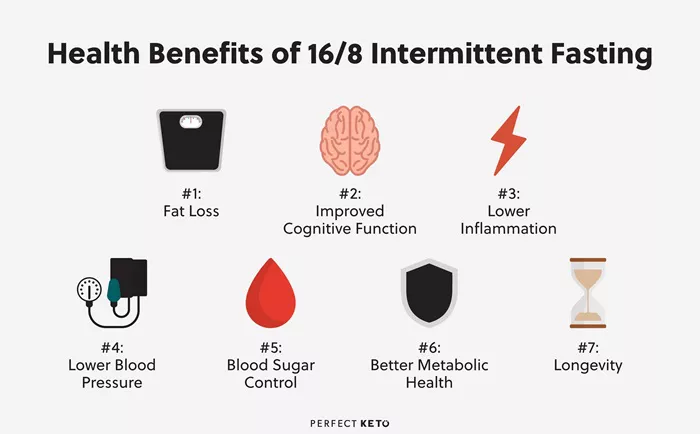The Alberta Health Services (AHS) has rejected a proposal to allocate $240,000 annually to resolve ongoing disruptions in orthopedic surgery at Edmonton’s Royal Alexandra Hospital (RAH), despite the significant impact on patients. The proposal, developed by a group of orthopedic surgeons and hospitalists, was aimed at restoring 24-hour in-patient surgical coverage after a withdrawal of on-call support by University of Alberta residents in July.
Disruption Affects Over 1,000 Patients
Since the University of Alberta resident physicians ceased providing on-call support at RAH on July 1, more than 1,000 patients have been affected by cancellations or delays in surgeries, according to doctors involved in the matter. The withdrawal has resulted in reduced surgical capacity, with the hospital’s Orthopedic Surgery Centre (OSC) remaining closed at night, leading to a significant drop in the number of hip and knee replacements performed in the Edmonton area.
Dr. Paulose Paul, the head of orthopedic surgery for the Edmonton zone, described the situation as deeply concerning. “Revenue-neutral solutions often come with sacrifices, and when it comes to patient care, those sacrifices are not acceptable,” he said in an interview.
Proposal to Address the Crisis
In August, the working group of orthopedic surgeons and hospitalists proposed a solution that would have reintroduced overnight coverage for in-patient surgeries by adding hospitalists to the surgical team. The estimated annual cost for this plan was $240,000, which would have allowed surgeries to resume and helped mitigate the growing backlog.
However, AHS rejected the proposal, citing a preference for “cost-neutral” solutions. This decision came despite increasing pressure to address the growing surgery backlog. A document obtained by CBC News reveals that AHS leadership’s stance was based on budget constraints and the need for financial neutrality.
Resident Coverage Issues
The dispute stems from long-standing concerns about the workload of resident physicians. Residents, who are in the process of completing their specialized medical training, were previously required to provide on-call support across two busy hospitals, including the University of Alberta Hospital (UAH) and Royal Alexandra Hospital. However, an internal review conducted in December 2021 found that the residents were often overstretched, with some responsible for over 100 patients during overnight shifts.
The increasing demands on the residency program led the University of Alberta to notify AHS in the spring of 2023 that it would no longer provide on-call coverage for RAH starting July 1, 2024. Without adequate physician coverage, orthopedic surgeons at the hospital made the difficult decision to cancel elective in-patient surgeries to ensure patient safety.
Impact on Surgery Volumes
The effects of the disruption have been severe. According to data from the Alberta Bone and Joint Health Institute, the number of hip and knee replacements performed in Edmonton has dropped by 50% since July, falling from 1,350 procedures in the previous quarter to just 668 surgeries between July and September.
Lorian Hardcastle, a health policy expert and assistant professor at the University of Calgary, criticized the focus on a “revenue-neutral” solution. “Delaying surgeries doesn’t come at no cost. Patients face worsened conditions, increased medical needs, and lost productivity as they wait,” she explained.
AHS Responds
In response to the ongoing disruption, AHS stated that some surgeries are now being rescheduled at RAH, although the OSC remains limited to day surgeries. AHS spokespersons pointed to a broader initiative to utilize chartered surgical facilities (CSFs) to address surgical backlogs. However, the authority did not provide a direct explanation for rejecting the $240,000 proposal.
“We understand how challenging this situation has been for patients and apologize for any delays it has caused,” said a statement from AHS. “We are actively working on a long-term solution.”
Despite these efforts, Dr. Paul noted that the current solutions are insufficient to meet the needs of both patients and physicians, as the system continues to strain under an increasing workload.
Surgeon and Health Expert Perspectives
Sukhdeep Dulai, an Edmonton surgeon and incoming president of the Canadian Orthopaedic Association, echoed concerns about the growing pressures on the health care system. “Human resources are stretched thin, and addressing this crisis requires appropriate funding and a reconsideration of funding models,” he said.
Several doctors involved in the proposal have also expressed frustration with the lack of progress. Dr. Robert Chan, a former residency program director, emphasized the critical need for additional support to maintain the quality of care in the Edmonton zone. “The workload is tremendous, and we are working on a thin line without the necessary support,” Chan said.
Conclusion
As Alberta’s orthopedic surgery crisis continues, doctors and patients alike are facing the consequences of a healthcare system struggling to adapt to the demands placed on it. With over 1,000 patients affected by surgical delays, the question remains whether the Alberta Health Services will reconsider its stance and invest in the proposed solutions or if further disruptions are inevitable.
Related Topics
New Toolkit Aims to Strengthen Digital Health Evaluation for Medicaid Programs
Mental Health Services in Nueces County Aiding Those at Risk of Jail Time
Colorado to Expand Health Care Coverage for Undocumented Pregnant Women, Children Starting January 1



































